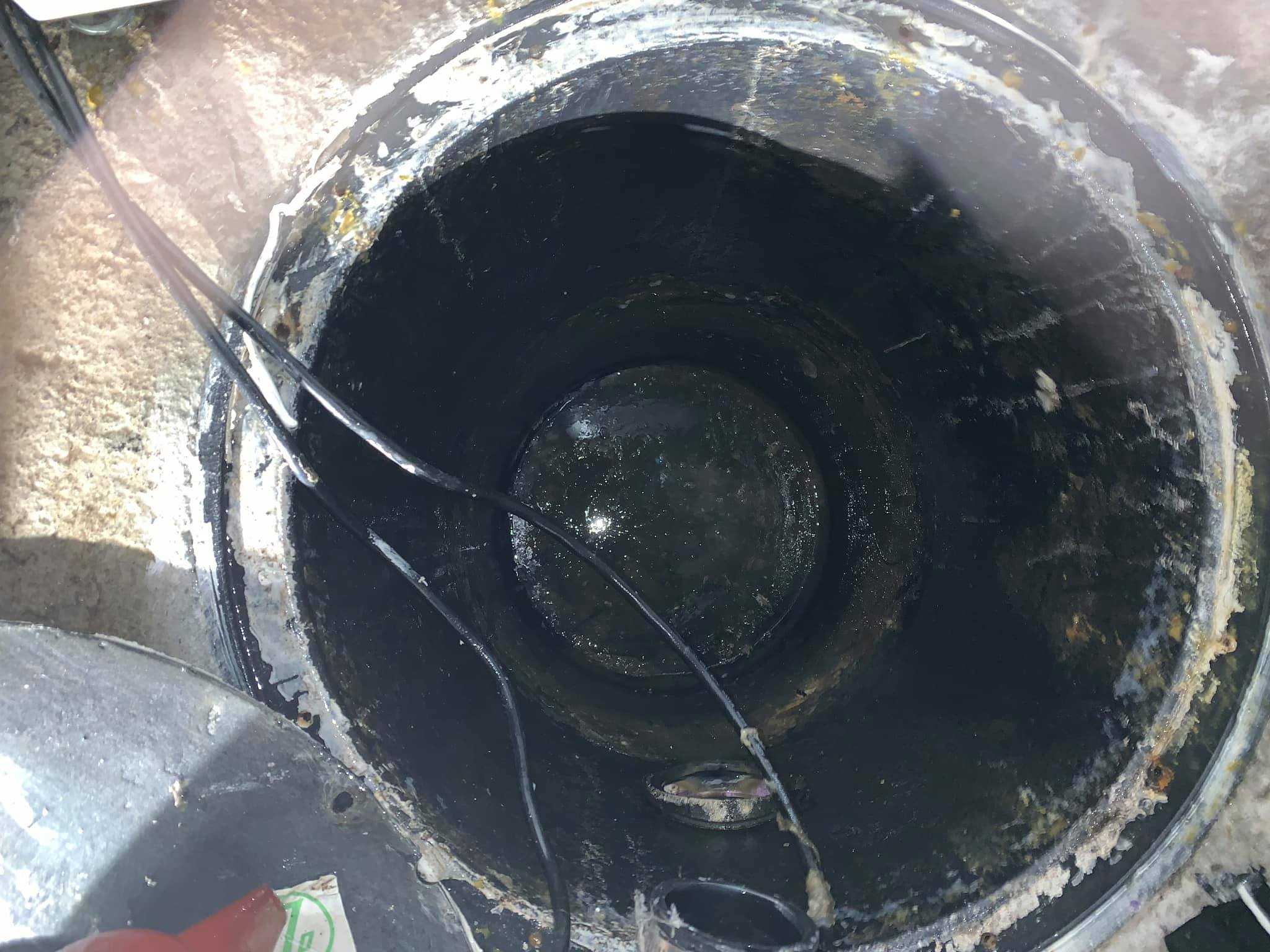Is Hydro Jetting Safe for Old Pipes? Understanding the Risks and Solutions
People may ask is hydro jetting safe for old pipes and for good reason. Hydro jetting is a powerful and effective method for clearing clogs in drains and sewer lines. It uses high-pressure water to blast away obstructions, providing thorough cleaning. However, one common concern is whether hydro jetting is safe for old pipes. Given the potential risks, it’s important to understand how hydro jetting works, the risks for older plumbing systems, and what solutions are available for maintaining older pipes.
How Hydro Jetting Works
Hydro jetting involves using high-pressure water to dislodge and remove debris from pipes. This process is typically achieved by inserting a specialized hose with a high-pressure nozzle into the drain or sewer line. As the water is forced through the pipe, it clears clogs, mineral deposits, and other obstructions, effectively restoring normal flow. The pressure used in hydro jetting can reach up to 4,000 pounds per square inch (PSI), making it one of the most powerful drain-cleaning methods available.
Risks of Hydro Jetting for Older Plumbing Systems
While hydro jetting is generally safe, it does carry certain risks, especially for older plumbing systems. High-pressure water can cause damage to weakened or corroded pipes, leading to cracks, leaks, or bursts. Older pipes, especially those made of outdated materials like clay or cast iron, are more prone to damage under extreme pressure.
Additionally, older plumbing systems may have existing weak points or joints that are more susceptible to damage. Hydro jetting can exacerbate these vulnerabilities if not handled carefully. It’s crucial to assess the condition of the pipes before opting for hydro jetting, ensuring that it won’t cause more harm than good.
Assessing Pipe Condition Before Hydro Jetting
Before performing hydro jetting on older pipes, a thorough assessment is necessary to determine if it’s a suitable cleaning method. Professional plumbers typically use cameras to inspect the plumbing system, checking for signs of corrosion, cracks, or other weaknesses. This inspection helps identify any areas where high-pressure water could cause damage.
If the inspection reveals that the pipes are in good condition and can withstand the pressure, hydro jetting can be an effective solution. However, if there are signs of damage or vulnerability, alternative cleaning methods should be considered.
Alternative Methods for Cleaning Older Pipes
If hydro jetting is deemed too risky for older pipes, there are alternative methods that can still effectively clean drains without causing damage:
- Mechanical Snaking: This method uses a flexible auger to break up clogs and extract debris. It’s less aggressive than hydro jetting and can be a safer option for older plumbing systems.
- Chemical Cleaners: While not as thorough as hydro jetting, some chemical cleaners can help dissolve grease and buildup in pipes. However, these should be used cautiously to avoid further damage.
- Rooter Services: For pipes with significant blockages, especially from tree roots, rooter services can cut through obstructions without the need for high-pressure water.
Tips for Maintaining Old Plumbing Systems
For homeowners with older plumbing systems, regular maintenance is key to preventing clogs and avoiding damage. Here are some tips for keeping old pipes in good condition:
- Regular Inspections: Schedule periodic plumbing inspections to identify and address any issues before they become major problems.
- Avoid Harsh Chemicals: Harsh chemical drain cleaners can corrode pipes, leading to further damage. Use them sparingly, if at all.
- Preventative Measures: Install drain screens to catch debris and avoid pouring grease, oil, or food scraps down the drain.
- Address Small Issues Promptly: If you notice slow drains or minor leaks, address them quickly to prevent larger problems.
By following these tips, you can maintain the health of your old plumbing system and reduce the risk of major issues. If you’re considering hydro jetting, ensure that a professional plumber assesses your pipes to determine whether it’s a safe and appropriate solution.


0 Comments
Trackbacks/Pingbacks